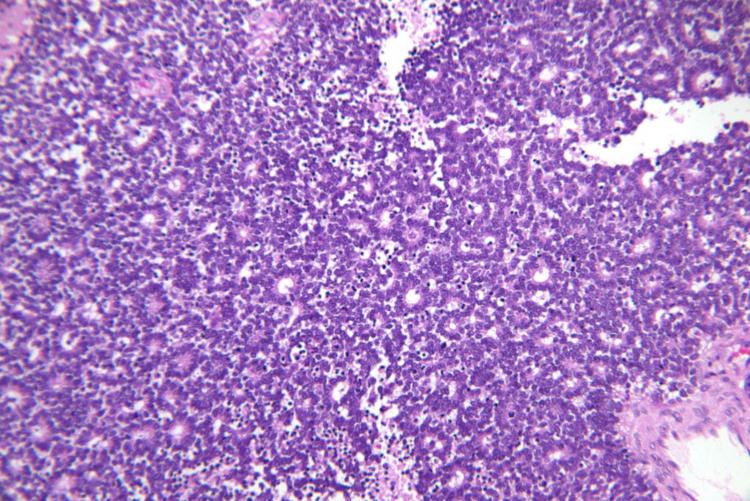A groundbreaking publication titled "Toward Advances in Retinoblastoma Genetics in Kenya" has emerged from a collaborative effort with researchers from the University of Toronto and multiple departments at the University of Nairobi including the Department of Medical Microbiology & Immunology. The publication is part of a wider project studying retinoblastoma and genomics in the country lead by Principle Investigator Dr. Lucy Njambi of the Department of Ophthalmology, University of Nairobi and Co-Principal Investigator Dr. Helen Dimaras of Department of Ophthalmology and Vision Science, University of Toronto. Speaking on the publication, Dr. Njambi stated, "The significance of the publication is that it highlights the first biomedical research project in retinoblastoma in Kenya, in a project funded by Velux Stiftung that aims to expand clinical cancer genetic research and services in the region through molecular analysis of the retinoblastoma gene, training and capacity building."
Department of Medical Microbiology & Immunology Chair Dr. Marianne Mureithi and Department Lecturer Dr. Daniel Muema in a joint statement said, “This publication is a significant step forward in understanding the genetic underpinnings of retinoblastoma, a critical childhood cancer that poses unique challenges in the Kenyan healthcare landscape.”
Significance of the Publication
Retinoblastoma is the most common intraocular malignancy in children, and its management is complicated by late diagnoses and limited access to specialized care. The publication addresses the urgent need for advancements in genetic research and counselling related to retinoblastoma, particularly within the context of Kenya, where healthcare resources are often stretched thin.
Key Contributions of the Research
The study emphasizes several crucial aspects:
- Genetic Testing and Counselling: The research highlights the importance of integrating genetic testing and counselling into routine care for children diagnosed with retinoblastoma. This is essential for identifying heritable forms of the disease and informing treatment strategies.
- Patient Perspectives: Through qualitative methods, including focus groups with survivors and parents, the study uncovers attitudes and knowledge about retinoblastoma genetics. It reveals significant gaps in understanding among families, which can hinder timely intervention and support.
- Healthcare System Challenges: The findings point to systemic issues such as limited access to genetic counselling services and a lack of clarity regarding the origins of retinoblastoma. These challenges contribute to delays in diagnosis and treatment, ultimately affecting patient outcomes.
Collaborative Efforts
This publication is a testament to the power of interdisciplinary collaboration. Departments involved included Ophthalmology, Medical Microbiology & Immunology, Human Pathology and KAVI-Institute of Clinical Research all working together to create a comprehensive framework for improving retinoblastoma care in Kenya. The collaborative nature of this research fosters an environment of shared knowledge and expertise, crucial for addressing complex health issues.
Implications for Future Research and Practice
The insights gained from this publication are expected to inform future initiatives aimed at enhancing genetic services for retinoblastoma patients in Kenya. By developing evidence-based protocols for genetic counselling and testing, healthcare providers can better support families affected by this disease. To read the entire publication click here
- Log in to post comments

